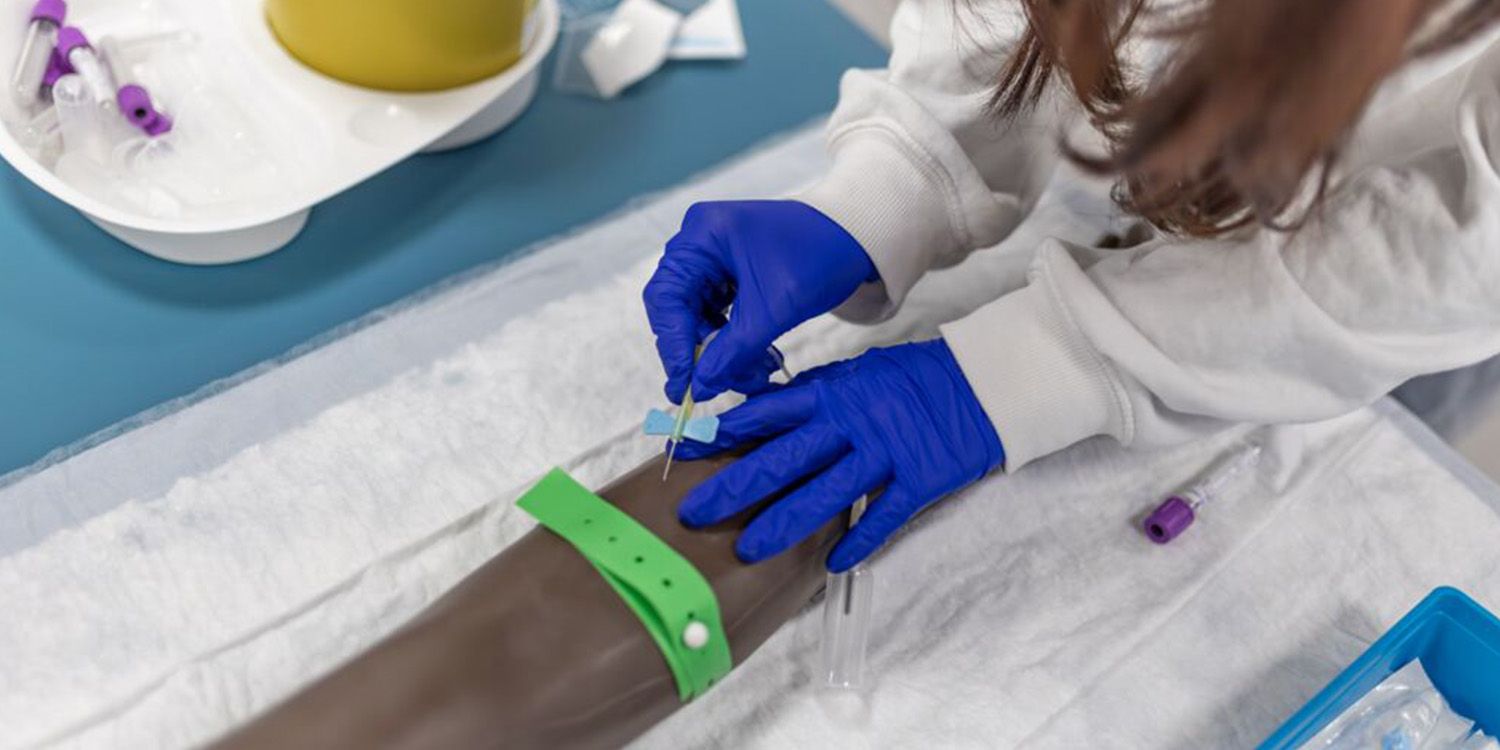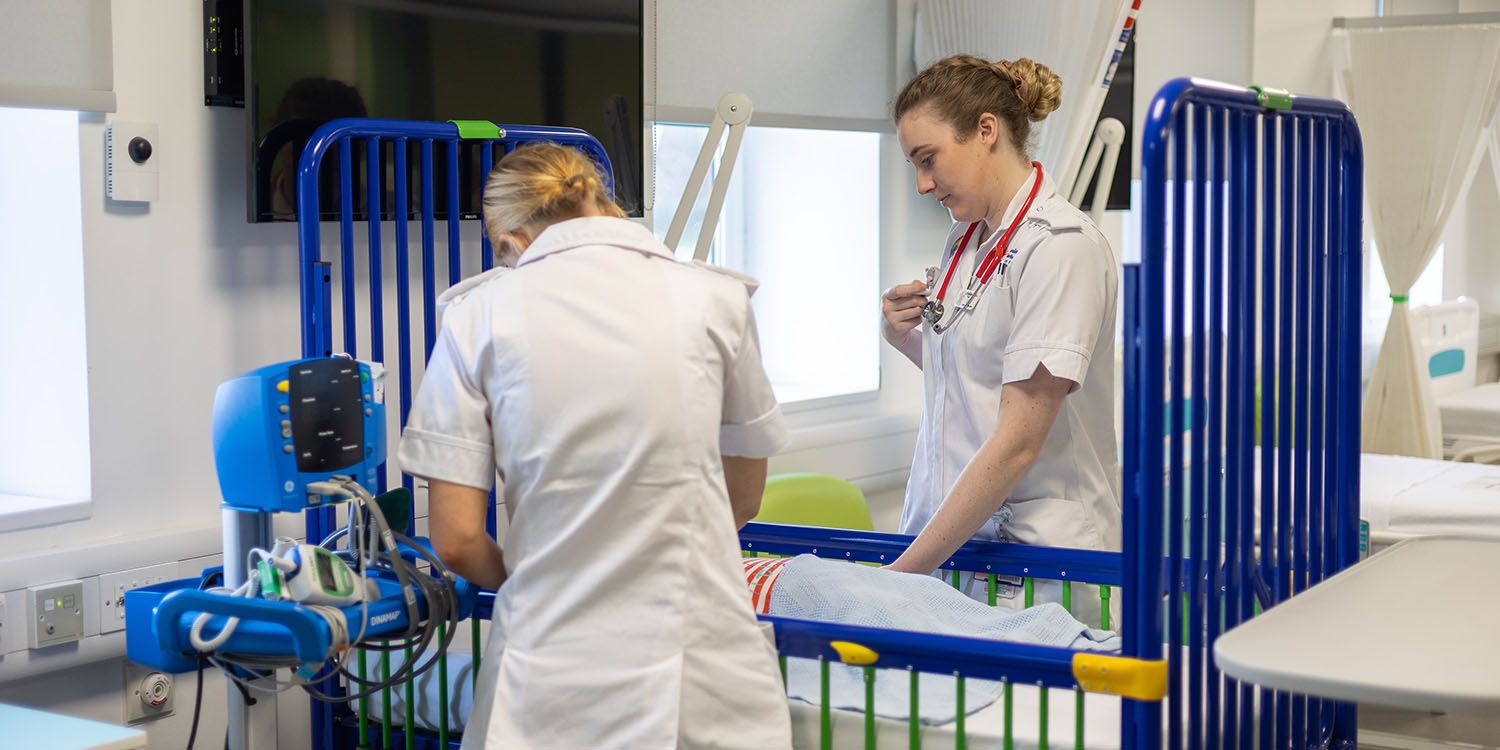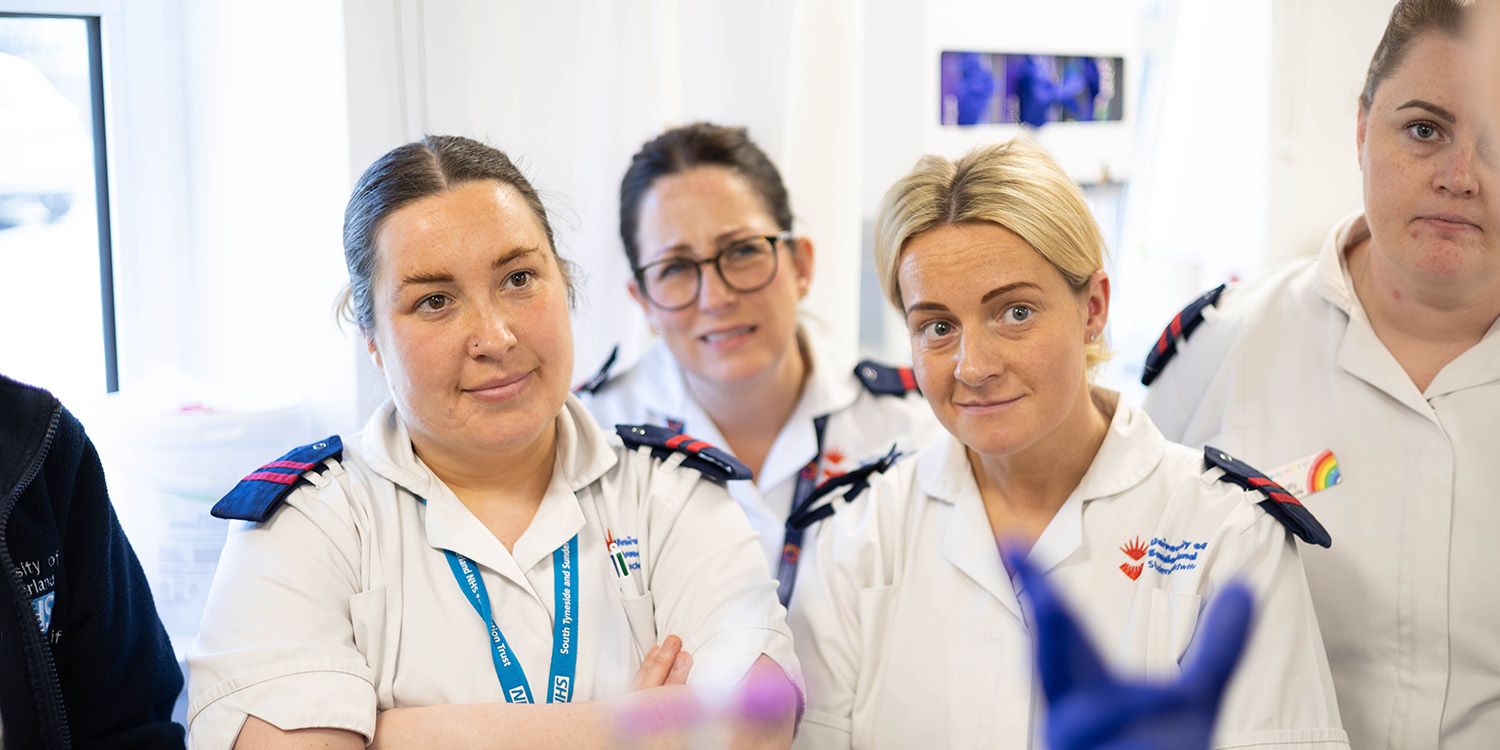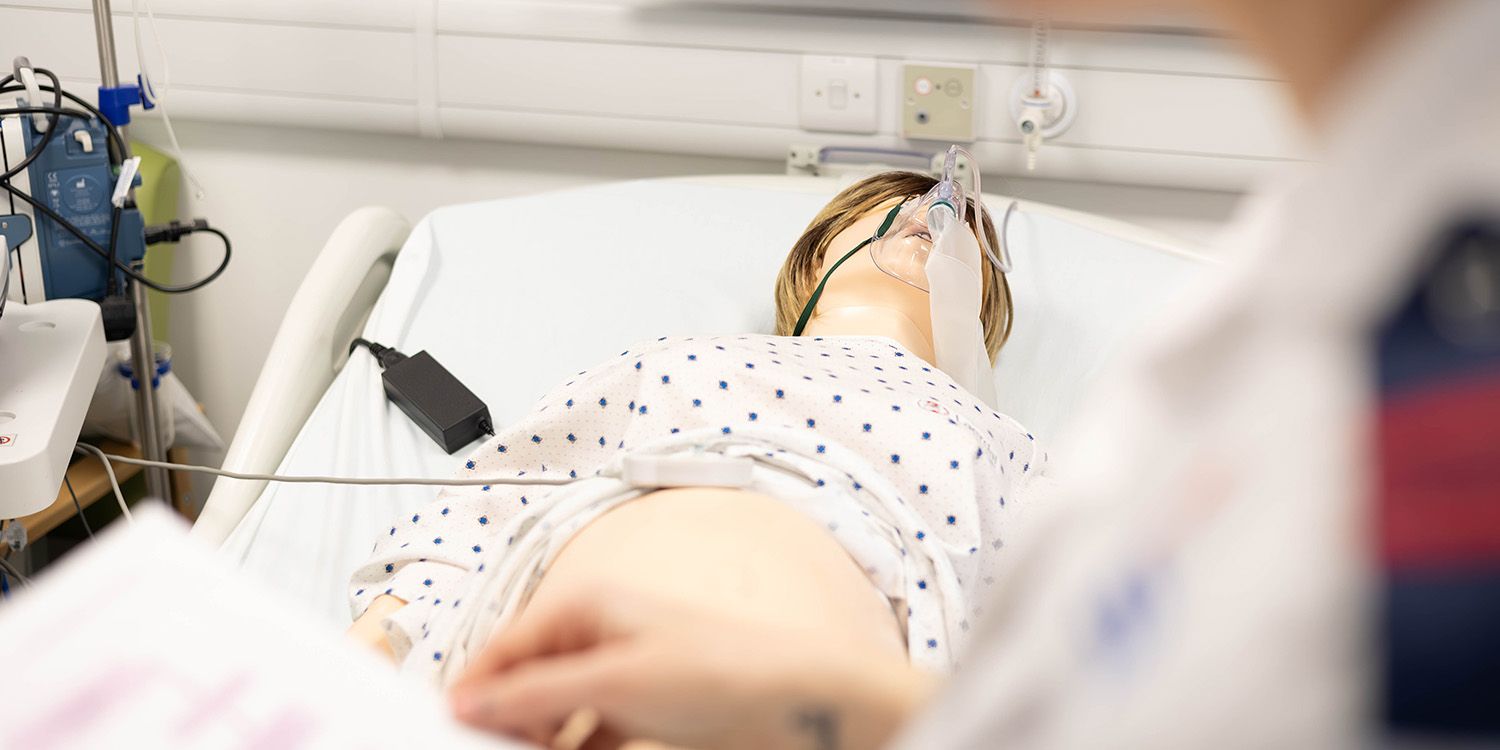Nursing and Midwifery application information
Find out how to boost your Nursing or Midwifery application with advice around your personal statement, information about work experience and interview tips.
Before you apply
A degree in nursing or midwifery can lead to a rewarding career with wider opportunities for development which you may have not considered. However, it can be physically and emotionally challenging, so it's important to stay informed about what's required to ensure this is the right career for you. Read more about how you can make your nursing application stand out from the rest, as well as what our interviews involve here.

Personal statement
Your personal statement is an important part of your nursing application as it's a great opportunity to showcase your personal qualities, attributes and experience related to a career in nursing or midwifery. It's your chance to show us why you would make a great student on our courses.
Your personal statement should include:
- Rationale for your choice of career
- How your personality lends itself to a career as a nurse or midwife
- Evidence of investigation of nursing or midwifery as a career that demonstrates insight of the role
- What attracts you to the profession of nursing or midwifery
- Personal qualities and transferable skills that may contribute to your success on the course and within the profession
- What hobbies you enjoy and what skills you have developed that may help your career as a nurse or midwife.
Read more about our top tips for writing your personal statement.

Work experience
When it comes to your application for nursing or midwifery, it's valuable to have work experience in your chosen field, but we understand that it can be difficult to obtain experience in hospitals or similar fields before you begin your degree.
Therefore, we welcome candidates who have had any type of public-facing roles, such as retail work, public sector employment, or if you've been a care assistant or are care experienced. Health-related courses are designed to prepare you to practise safely in patient-facing settings by building knowledge, experience, and confidence through a joint approach of study and placement activity.
If you have existing work experience to add to your nursing application, it allows you to showcase how the skills you've learned will benefit and enhance your capabilities during your degree.

What is the interview process like?
Your interview for your nursing or midwifery course will take place online or on campus at the University. If you've submitted your nursing application and you're successful in getting an interview, you'll receive an email from our interview team who will be able to give you information on how it'll be conducted and instructions on how to join. You'll need a form of photographic identification (such as a driving licence or passport) for your interview.
Nursing and midwifery interviews may have different requirements depending on your course. For example, some nursing courses involve both a group interview and an individual interview. However, the postgraduate MNurse course only has an individual interview, where you'll be asked questions regarding your first degree and healthcare experience, and be expected to provide a portfolio of evidence.
Find out more information about the healthcare interview process.

How do I prepare for the interview process?
In preparation for your interview, you can sign up to the Nursing and Midwifery Council newsletter, which will offer you insight into other students’ experiences and learn how professional regulation can support your career. You can also use the NHS website to research the role you're applying for, whether it be within nursing or midwifery.
The most successful nursing applications will be able to answer questions relating to personal experience from a range of settings, including work (either paid or voluntary), family life, school or college. You should also be able to communicate clearly and effectively while expressing enthusiasm for your chosen course. It's also key to demonstrate your understanding of your chosen profession, including the challenges and demands. If you're required to attend a group interview, contributing and engaging with others is also a great way to stand out.

Fitness to practise
Nurses are registered healthcare professionals and the ability to practise safely, effectively and professionally is essential, so all applicants are required to follow our fitness to practise procedures, as based on current NMC requirements.
You'll need to complete the following in accordance with these requirements as part of your nursing application:
- A health declaration form. Here, you must demonstrate that you're of good health and character, and can satisfactorily pass occupational health screening. You'll also be required to attend an Occupational Health Assessment with an NHS Trust. The University will, considering current NMC regulations, make any reasonable adjustments if required. Please refer to the HEOPS nursing student fitness standards.
- A self-declaration form about your conduct
- An Enhanced Disclosure and Barring Service (DBS) check. The cost of the DBS check is covered by the University.
Instructions on how you complete these checks will be sent to you once you hold a conditional firm offer with us. These forms are then reviewed alongside your nursing application, and you must meet both the academic and fitness to practise requirements before you'll be given an unconditional offer. If you're successful, you'll also need to complete an annual declaration form to confirm you're fit and there are no changes to your DBS.
Students studying a health or social care course that has a placement within the NHS or any other Care Quality Commission establishment are strongly encouraged to be vaccinated against Covid-19.